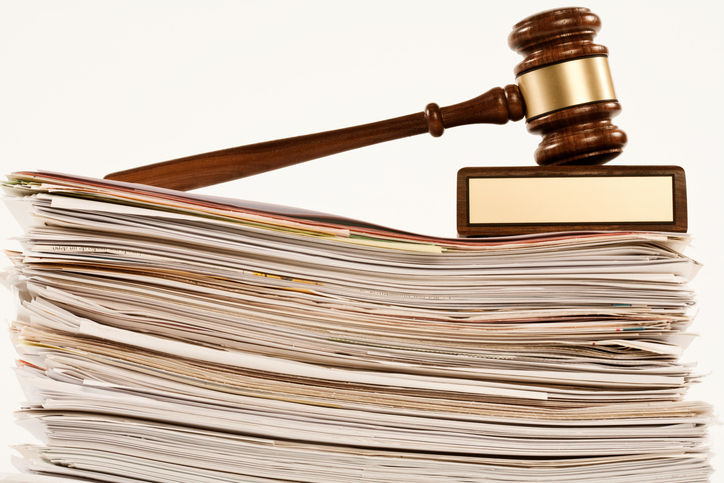
A recent high-profile court decision served a stark reminder of the significant legal and reputational risks that defamation poses to individuals and organisations alike. The landmark case involving former Senator Linda Reynolds and her ex-staffer Brittany Higgins exemplifies how damaging defamatory statements can be, not only to personal reputations but also to the broader integrity of public institutions. For local governments in Western Australia, this case underscores the importance of understanding defamation law and implementing robust measures to mitigate associated risks.
Defamation and its implications
Defamation occurs when a statement is published to a third party that harms a person's reputation. This harm can manifest as damage to personal or professional standing, and it does not require proof of economic loss. In the Reynolds-Higgins case, social media posts made by Ms Higgins in 2022 and 2023 were found to be defamatory, resulting in Reynolds being awarded $315,000 in damages. The court's judgment highlighted that even statements made in the context of a highly sensitive and publicised matter can be subject to legal scrutiny if they contain untrue or misleading implications.
For local governments, including elected members, the key takeaway is that any publication, whether on social media, websites, or other communication channels can potentially be defamatory if it compromises an individual's reputation. This risk extends to comments made by third parties on social media pages managed by members or elected members.
Risks for local governments
Local governments and elected members must be vigilant in managing their online presence. Allowing unmoderated comments, making inflammatory statements, or failing to promptly remove potentially defamatory content can expose our sector to costly legal claims.
Mitigating defamation risks
To reduce exposure, local governments should:
- Regularly review and update social media and communication policies.
- Implement moderation protocols for online comments.
- Remove defamatory or inflammatory comments promptly.
- Educate staff about the risks of defamatory statements.
- Seek legal advice before publishing contentious material.
The Reynolds-Higgins case is a powerful reminder that defamation law is a serious consideration for all public sector entities and their representatives. By understanding the legal framework, adopting proactive management strategies, and fostering a culture of careful communication, councils can better protect themselves from costly and reputation-damaging defamation claims.
For more information, see the LGIS publication – Defamation: a guide for Western Australian local government officers and elected members or contact the LGIS member services team.
